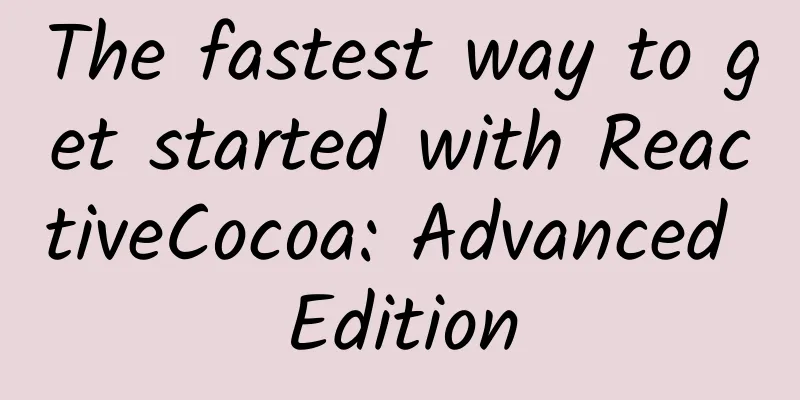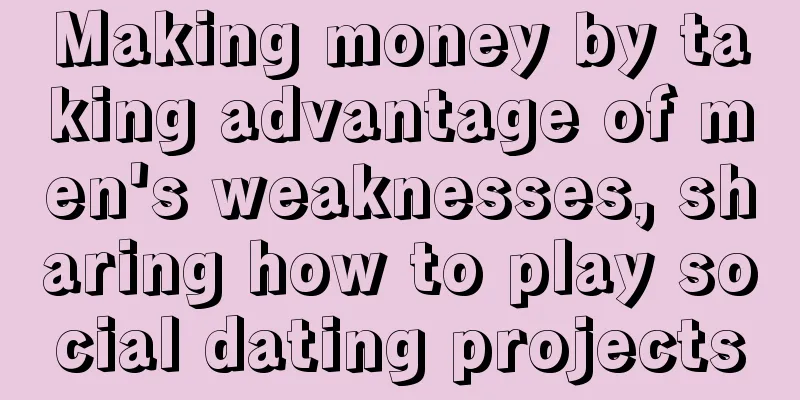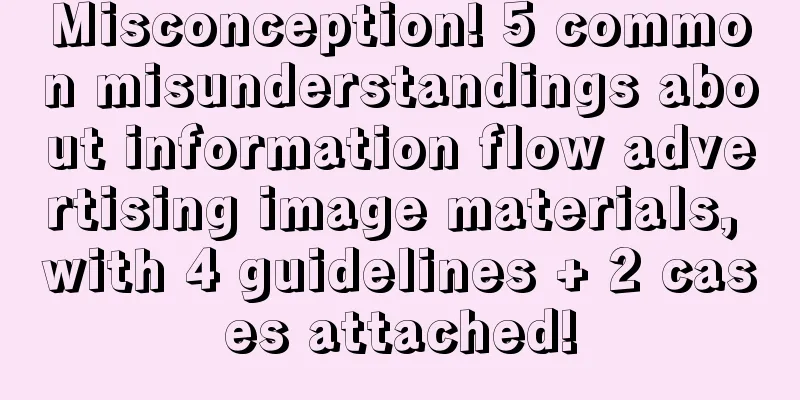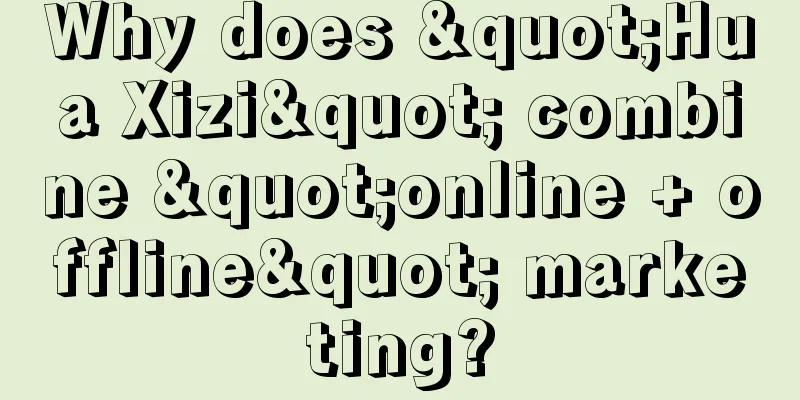You can live on the Internet forever, but please note that this network belongs to others and is only lent to you.
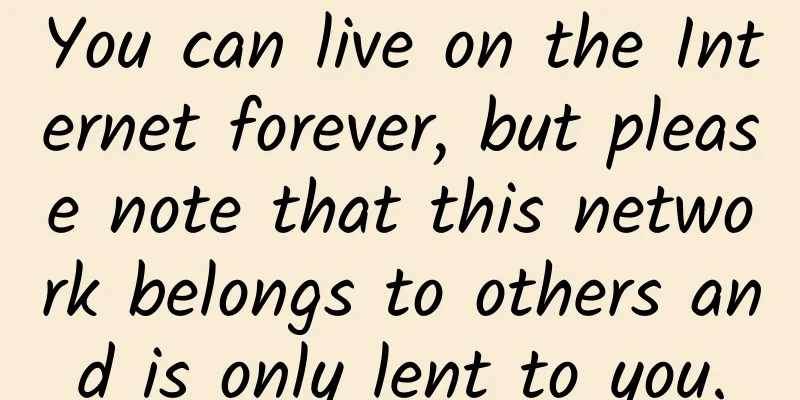
|
Today, the Internet has always been one of the most amazing inventions of mankind. However, when the Internet is large enough, the Internet may just be Facebook, Twitter, Taobao, Weibo, and Youtube for each individual.
If the tools are powerful enough, will we be bound by the tools we create? The Internet may be an example. Today, the Internet has always been one of the most amazing inventions of mankind. However, when the Internet is large enough, the Internet may only be Facebook, Twitter, Taobao, Weibo, and Youtube to each individual. At this time, we are not facing the Internet that is endowed with values by humans, but one "application" after another, and the values of this application obviously belong only to certain specific people. In David Weinberger's view, the birth of "applications" has turned the Internet into isolated worlds one after another - of course, it has not been fully realized, and the values of each isolated world are far from the values of the Internet. Yes, because of the bitter and tortuous history and lessons, I remain skeptical and vigilant about any movement-like event, no matter how blessed it was at the beginning and how many beautiful fantasies it was given. For me, this is the only line of defense to avoid disaster. What I recommend today is a short article, which is a bit difficult to understand and sounds a bit alarmist, but don't take it as the chatter of conservatives. It's not a bad thing to listen to the voices of these dissidents when moving forward. The success of the Internet is unstoppable Many Internet triumphalists believed this in the 1990s, but now I have to admit that this belief, which has lasted for more than two decades, may not be true. The Internet is uniquely structured and reflects certain values. Our use of the Internet is based on its structure and encourages people to live out those values. So the Internet changes us according to those values. I still believe that the architecture of the Internet is special and reflects values that Western liberals consider to be fundamental principles. The transmission of information is not controlled by a central authority, and there is no bias based on content, gender, audience, or purpose. Therefore, the architecture of the Internet values open information transmission, democratic and free reading and posting, and open ideas and markets. In the past I would have said that as long as the structure existed, these values would be transmitted to the systems that run the structure. But today, the structure of the Internet has not changed, and the transmission of values is being stifled by the multiple layers of superstructure built on the Internet. In short, I worry that the Internet has become ossified, like a road that has been paved with cement. You can spend your entire life on the Internet and still not feel its vitality. The Internet we know is only the part we are familiar with Technological determinism believes that technology shapes our thinking and behavior. To put it in an extreme way: the Internet is like a falling safe, and we are the ones who are hit by it, and no one can resist its influence. I am a moderate techno-determinist who thinks the internet is more like a library. I used to believe that these mild influences were inevitable. Even in places with strict internet regulations, people still benefit from going online. But "using the internet" is a broad term. When I go online to adjust my smart thermostat, can you say that I am influenced by the so-called values of the internet? Even if the internet is more like a library than a dropped safe, it is just a tool. How can it affect our worldview? In 1996, Roger Silverstone and Leslie Hatton wrote that there is a difference between how technology is designed and how users use it in their lives. Early adopters of the Internet had a certain understanding of it before most people were exposed to it. This understanding does not necessarily reflect the original intention of the technology design. So when someone first introduces you to the Internet, they tell you what it is used for, directly or indirectly telling you what they think is important. This will affect your understanding of the Internet. This is in line with Eleanor Rosch's "prototype theory": humans understand things through examples that they think are important, rather than through concise definitions. I think this is an accurate description of technological determinism. Someone invented the Internet for a reason, figured out some archetypes — sharing files or sending emails — and shaped how early users used the Internet. But over time, the Internet began to move away from the original intentions of its designers. The World Wide Web made archetypes into homepages, social networks made archetypes into Facebook, and mobile devices made archetypes into apps — but I don't think we've gotten there yet. If you ask me now what the archetypal example of the Internet is, I would say the World Wide Web. A browser page with simpler interfaces and links to jump to is a much simpler interface than before. This is what brings the Internet out of the tech world and into the hands of everyday people. I hope we can seize this opportunity to break free from the constraints of the past on connection and creativity and thrive as human beings. The Internet no longer belongs to us This hope is not just a pipe dream. In the early days of the World Wide Web, the things we encounter online were made by people who shared these values and visions. For example, when blogs first emerged, bloggers saw it not just as a way to publish articles, but as a way to build a community. This is why "friend links" were a must in early blogs, and the blogs listed above constituted the blogosphere of bloggers. However, the blogosphere did not grow and Facebook was born. In many ways, Facebook fulfilled the dream of blogging. With its close user connections and the tools to maintain the social network, it was irresistible even to people who didn't like writing and didn't have the time to maintain Facebook. But I had mixed feelings about it, for one reason above all else: the blogosphere was built by us. We posted, we linked, and the content we read was entirely ours. At the time, blog content was the antithesis of what was written in the professional press. The blogs were ours. But Facebook is not ours. It belongs to someone else, and is just for us to use. The values of the Internet are being labeled Today, the new prototype of the Internet is Facebook, so my 20-year-old belief began to collapse. Facebook prevents users from participating in the construction of the Internet, and the Internet structure cannot influence them. If they are just addicted to Facebook, then Facebook is only shaping their values. And Facebook's values are far from those of the Internet. Kriston Sanghvi wrote in his article "The Anti-TV Internet" that as media changes, the old Internet model of one-to-one or peer communication is no longer sustainable. Well-funded mainstream media companies can buy space on content distribution networks to achieve one-to-many dissemination, but small companies cannot afford it. In short, changes in Internet distribution facilities have made it more difficult for personal content to be disseminated. So it’s not that many of us only use apps like Facebook and never get to experience the glory of the Internet architecture. What Kriston Sanghvi is saying is that the Internet architecture has been distorted by commercial needs and the heavens have become ossified. Freedom Remains However, I remain optimistic about the Internet because many applications still reflect the Internet architecture. We can still read all kinds of content on the Internet, we can post and explore at will, and set up connections. If you want to pass information through the Internet server, you can use it freely as you did 20 years ago. It is very difficult to compete with commercial giants, but you can still create a search site, an online bookstore, or even a new social network site. The Internet still has a place for entrepreneurs and generous people. Moreover, the open culture still exists in sites like Reddit, and the Internet spirit still exists in programming marathons, engineering culture, and even Youtube. As the structure of the Internet becomes more and more indirect in its influence on our behavior and values, we should take action to spread the values embedded in the Internet's structure. We can promote the free culture movement, support businesses that respect us and oppose those that only want to take our data and money, and teach young people how the Internet works and the glory it once had. Our task is great and urgent. |
<<: Know immediately what are the differences between the ecosystems of Apple, Xiaomi, and LeTV?
>>: Projects die in the cold winter, but businesses survive
Recommend
Tik Tok live streaming experience and skills, what are the skills for Tik Tok live streaming?
With the rise of Douyin live streaming , more and...
Android source code advanced in-depth understanding of the SharedPreference principle mechanism
[[429060]] Preface It's been a long time sinc...
2019, new marketing promotion begins!
Zhihu's Liu Haoran article—— Did you know? Do...
What are some common marketing plans for Internet celebrity stores?
Nowadays, most people hear about and come into co...
If the conversion rate of information flow ads is poor, it may just be that your landing page is not strong enough!
Poor conversion - being scolded by the boss - low...
User operation: How to build a user system that conforms to product strategy?
The construction of a user system plays a huge ro...
How does DPI technology empower routers to achieve intelligent acceleration?
Part 01 The significance of DPI research and deve...
Today, I arranged for the leader to go to the high-end tea tasting studio in Kunming for home tea.
Kunming tea tasting has its own studio. Recommend...
September marketing promotion hot calendar!
Autumn is the season of harvest. In the upcoming ...
Why do you feel marketing has become difficult?
Re-think: “ Marketing Jobs” This time, I hope to ...
Only 5 steps to achieve a cold start from 0 to 1
The launch of a product must inevitably go throug...
Travel App Competitive Analysis: How long will the social journey of travel apps last?
The outline of this article is as follows: 1. Pur...
Chen Dezhong-21-day mindfulness training camp
Course Catalog ├──Day01 | ├──Day1 Course Concept:...
How can social e-commerce make good use of “Internet celebrity” thinking?
Introduction: It has to be said that the topic of...
How do iQiyi, Youku and Tencent Video monetize advertising?
Most products in the PC era have a clear product ...
